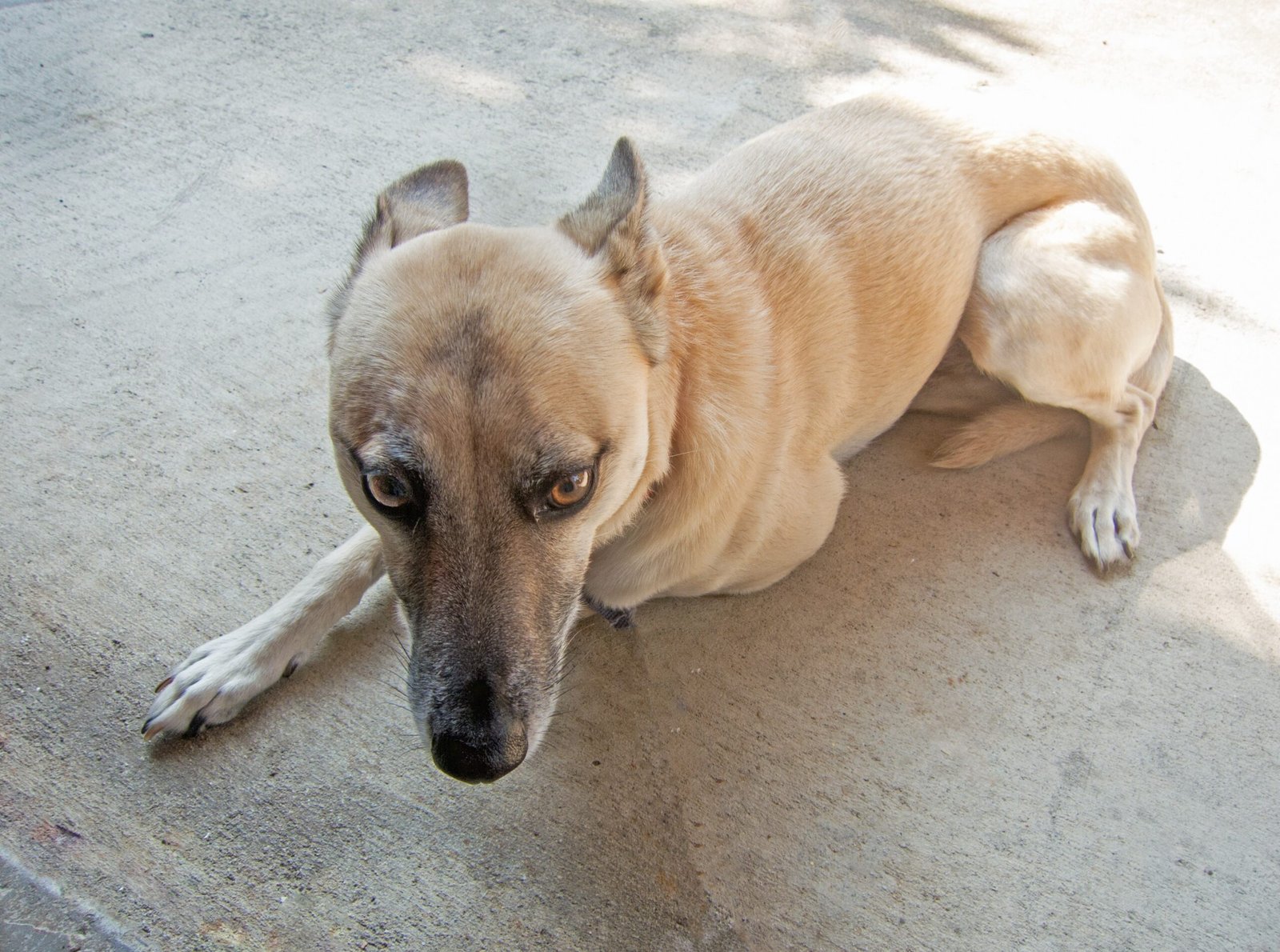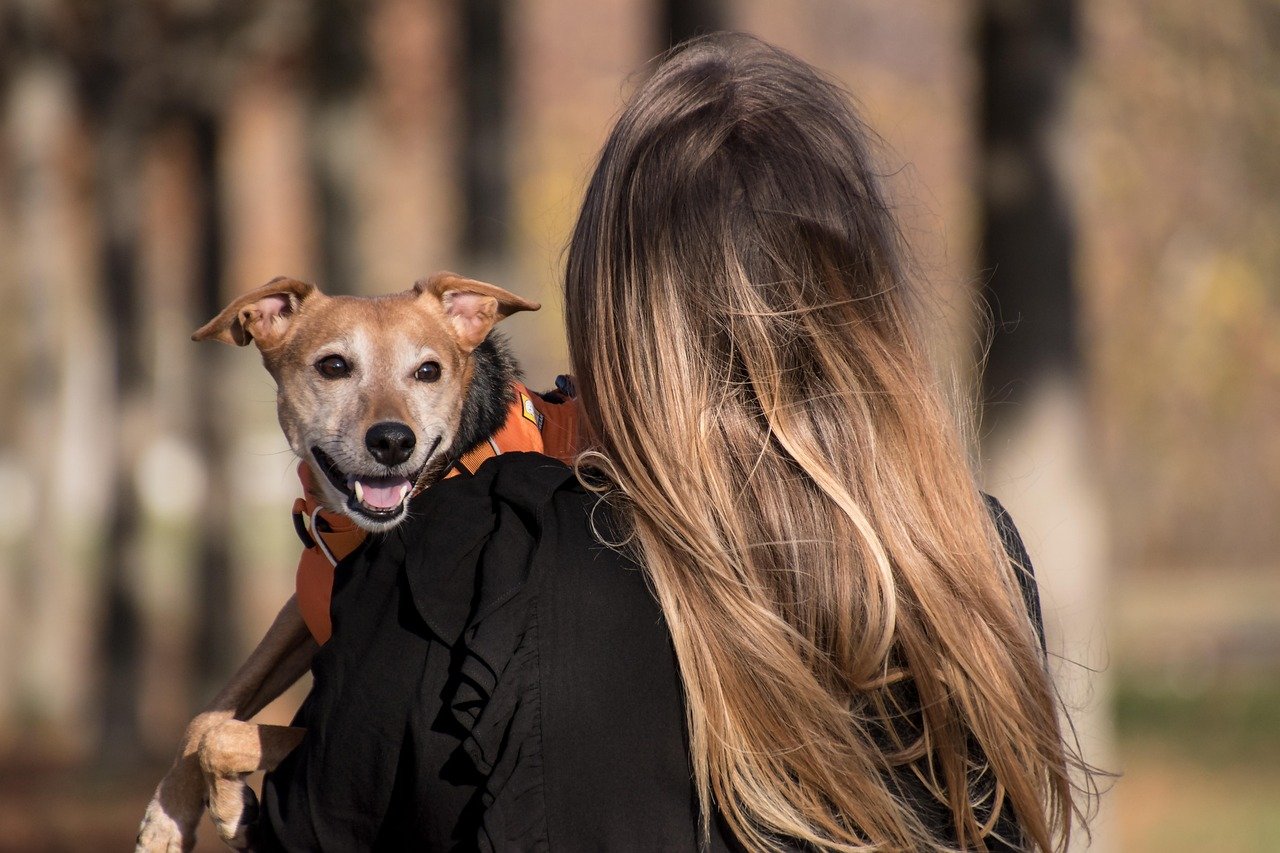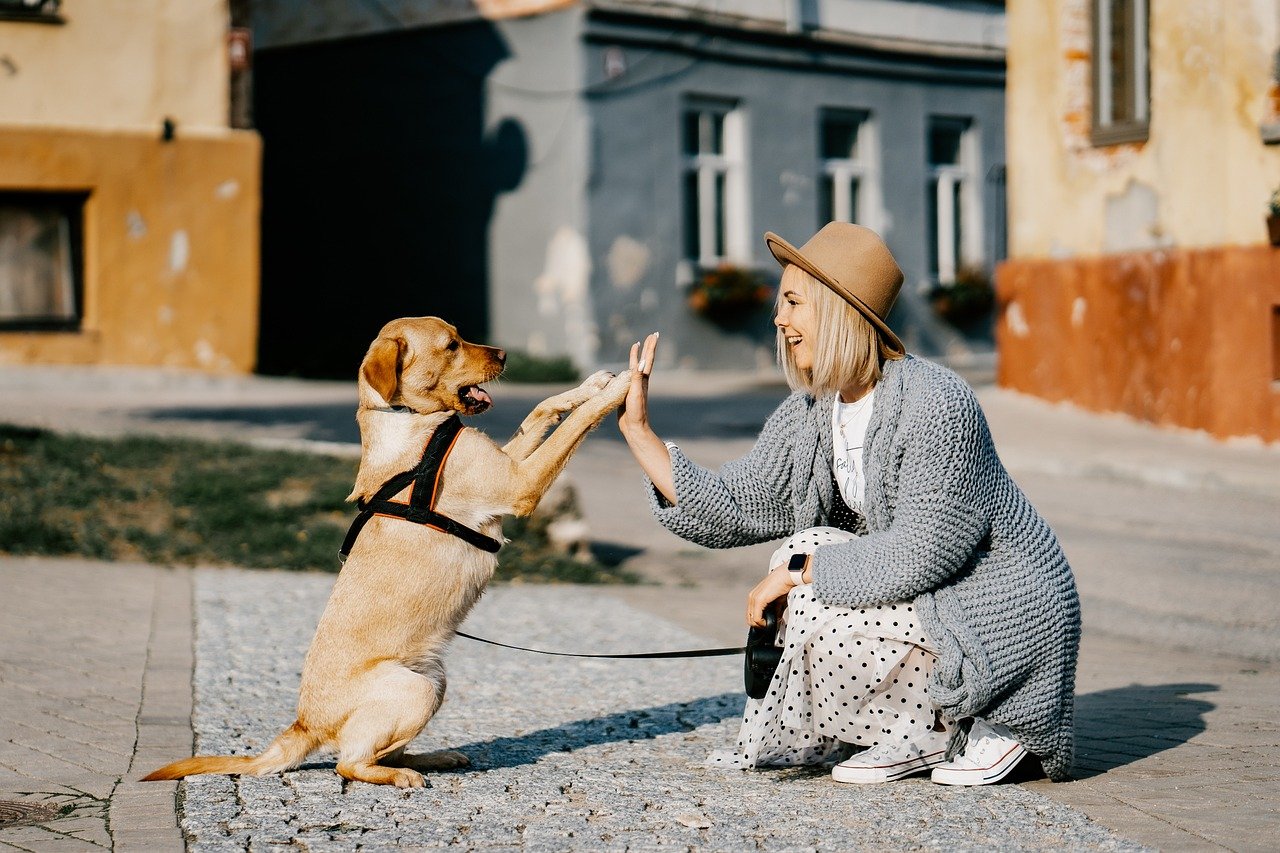Dogs love us with everything they’ve got, and sometimes, without even realizing it, we can hurt their tender hearts. Experts say small things like ignoring them too often, inconsistent training, or leaving them alone for long periods can really impact their emotional well-being. Thankfully, with a little extra attention, consistent love, and patience, we can keep their hearts full and happy. Being mindful of their feelings not only strengthens your bond but also ensures your dog feels safe, valued, and deeply loved every single day.
Understanding Your Dog’s Emotional World
Dogs have emotional lives that are surprisingly rich and complex. Scientists have discovered that dogs experience joy, fear, anxiety, and even grief in ways that mirror human feelings. When you leave for work or raise your voice, your dog picks up on your energy and emotions. Unlike humans, they can’t ask for reassurance or clarity, so they rely on routine and consistency to feel safe. When their world is shaken—big or small—they can feel heartbreak. Understanding just how deeply your dog feels is the first step toward protecting their happiness.
Consistency Is Comfort: Stick to Routines
Dogs are creatures of habit. The comfort of regular meal times, daily walks, and predictable play sessions gives them a sense of security. When routines get disrupted—maybe you’re suddenly home less, or dinner is late—your dog can become stressed or anxious. Experts recommend keeping a consistent schedule as much as possible. Even small changes, like moving a favorite bed or rearranging the house, can throw your pup off balance. If life changes are unavoidable, introduce them gradually and provide extra affection to help your dog adjust gently.
Quality Time Matters More Than Quantity
You don’t need to spend every waking moment with your dog to keep their heart happy, but the time you do share should be meaningful. Dogs thrive on connection. A five-minute belly rub, a game of fetch, or even a quiet cuddle can mean the world to your furry friend. It’s tempting to get caught up in daily stress and forget these moments, but skipping them can leave your dog feeling neglected or lonely. Experts urge dog owners to be present and attentive in these small but mighty moments, making each interaction count.
Never Use Punishment-Based Training

Punishment can damage your dog’s trust and spirit. Yelling, hitting, or using shock collars can frighten and confuse your pet, leading to fear and anxiety. Instead, positive reinforcement—rewarding good behavior with treats, praise, or play—builds confidence and strengthens your bond. Imagine trying to learn in a classroom where mistakes are met with harsh words versus one filled with encouragement. Dogs learn best in an environment of patience and support. Experts agree: kindness is the key to a resilient, happy heart.
Watch Out for Separation Anxiety
Separation anxiety is heartbreak in its purest form for a dog. When left alone for long hours or suddenly separated from their family, some dogs panic and feel abandoned. Signs include destructive behavior, excessive barking, or bathroom accidents indoors. Experts suggest easing your dog into alone time, leaving comforting items behind, and never making a big fuss when coming or going. If your dog is seriously distressed, consult a veterinarian or animal behaviorist for guidance. A little preparation can save your dog from deep emotional distress.
Mind Your Words and Tone
Your dog is a master at reading your tone, body language, and facial expressions. Even if they don’t understand your words, they sense your mood. Sharp voices or angry gestures can create fear and confusion, leaving your dog feeling insecure. Conversely, a gentle tone and calm demeanor reassure your pet that all is well. Experts recommend speaking to your dog with kindness and using clear, consistent cues for commands. This builds trust and helps your dog feel safe, no matter what’s happening around them.
Don’t Neglect Socialization
Dogs are social animals, craving interaction not just with humans, but with other dogs too. Failing to provide opportunities for your dog to play and meet others can lead to feelings of isolation and even depression. Socialization isn’t just for puppies; it’s important throughout your dog’s life. Arrange playdates, visit dog parks, or simply take walks in new places to keep their world exciting and full of positive experiences. According to experts, a well-socialized dog is a confident and happy one.
Recognize and Respect Your Dog’s Limits

Every dog has its own personality, fears, and boundaries. Forcing a shy dog into crowded places or expecting an older dog to keep up with a puppy can be overwhelming. Ignoring these limits can chip away at their trust and joy. Experts encourage tuning in to your dog’s needs—letting them retreat when overwhelmed, rest when tired, and approach new situations at their own pace. Respecting your dog’s individuality is a powerful way to show love and keep their heart safe.
Keep Your Promises—Big and Small
Dogs remember more than you think. If you promise a walk or a treat, following through tells your dog they can trust you. Breaking promises, even unintentionally, can lead to disappointment and confusion. Imagine waiting all day for someone you love, only to be forgotten. Keeping your word, no matter how small the gesture, reassures your dog that they matter. Experts say that reliability is a cornerstone of any loving relationship, including the one you share with your dog.
Be Their Advocate and Protector

Part of loving your dog means standing up for them. Whether it’s ensuring gentle treatment at the vet, protecting them from rough play at the park, or speaking up when something feels wrong, your dog depends on you to be their voice. Dogs can’t tell us when they’re scared, hurt, or uncomfortable, so it’s up to us to notice and act. Experts remind us that being a good advocate is one of the most profound ways to show you care and to safeguard your dog’s emotional well-being.
Conclusion: Celebrate Their Joy, Mourn Their Sorrows

Just as you cheer for your dog’s new tricks or happy dances, it’s important to be present during their low moments too. Dogs notice when you share in their joys, and they seek comfort when they’re down. Whether it’s illness, loss of a pet friend, or just a bad day, offering gentle support helps your dog heal and trust that you’re always there. Experts agree that real love means embracing the full spectrum of your dog’s emotions, not just the happy ones.
At the end of the day, your dog just wants to feel loved, secure, and part of your world. By staying consistent, showing them affection, and being mindful of their emotional needs, you can keep their heart whole and happy. It’s the little things that make a big difference! After all, a happy dog means an even happier home filled with tail wags and unconditional love.

Andrew Alpin from India is the Brand Manager of Doggo digest. Andrew is an experienced content specialist and social media manager with a passion for writing. His forte includes health and wellness, Travel, Animals, and Nature. A nature nomad, Andrew is obsessed with mountains and loves high-altitude trekking. He has been on several Himalayan treks in India including the Everest Base Camp in Nepal.





